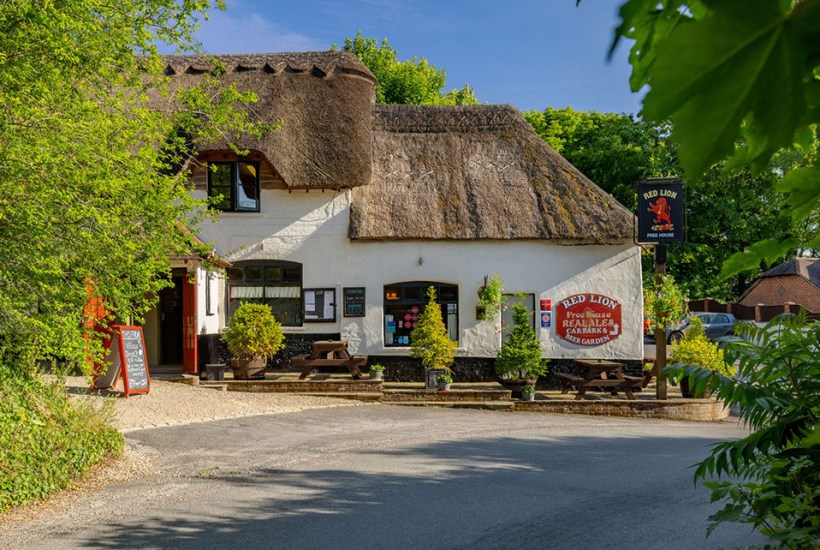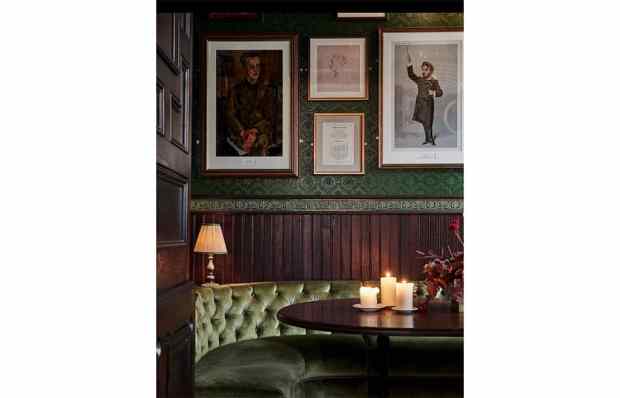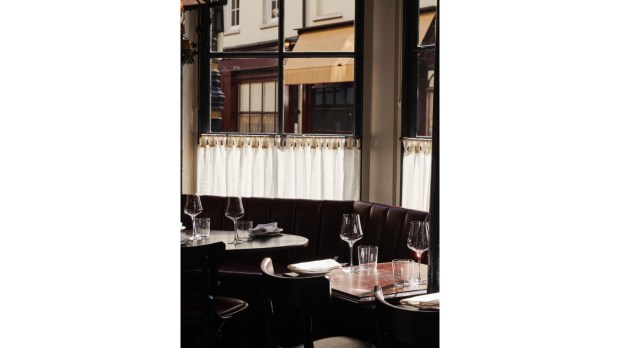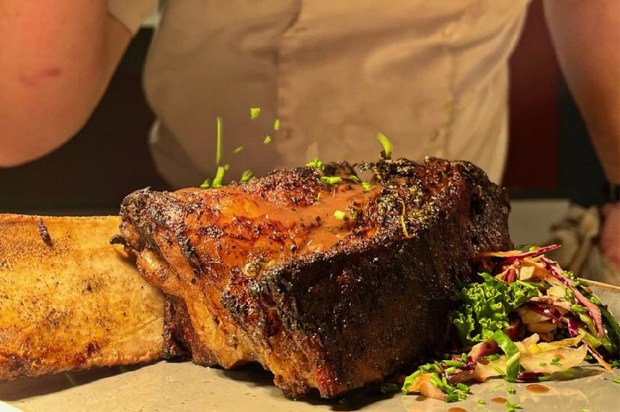The Red Lion, East Chisenbury, is in the Pewsey Vale on the edge of Salisbury Plain. Wiltshire’s strangeness surpasses even Cornwall and its menhirs: it has the greater volume of ghosts. I once spent an eerie day in Imber, the deserted village on the plain – the inhabitants were given 47 days’ notice to leave in November 1943, so American soldiers could shoot up Imber in preparation for invading Normandy.
Already a subscriber? Log in
Subscribe for just $2 a week
Try a month of The Spectator Australia absolutely free and without commitment. Not only that but – if you choose to continue – you’ll pay just $2 a week for your first year.
- Unlimited access to spectator.com.au and app
- The weekly edition on the Spectator Australia app
- Spectator podcasts and newsletters
- Full access to spectator.co.uk
Or
Unlock this article
You might disagree with half of it, but you’ll enjoy reading all of it. Try your first month for free, then just $2 a week for the remainder of your first year.















Comments
Don't miss out
Join the conversation with other Spectator Australia readers. Subscribe to leave a comment.
SUBSCRIBEAlready a subscriber? Log in